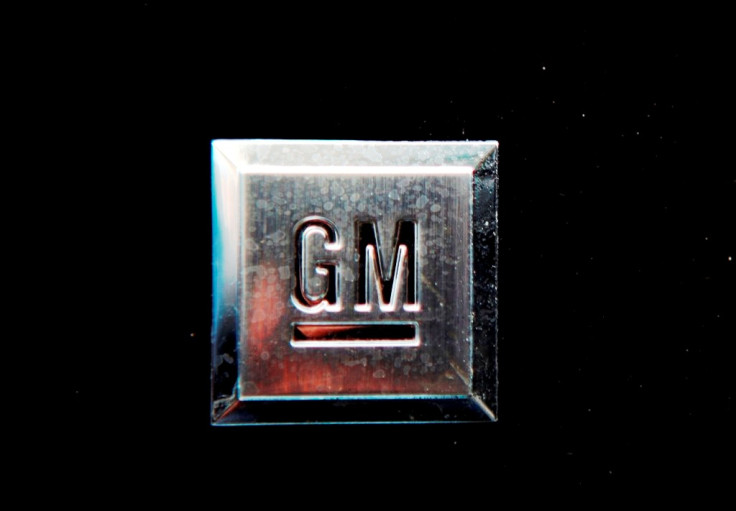India likely to replace South Korea as GM's global manufacturing hub

US automotive giant General Motors is planning to make India its new global manufacturing and export hub, as it faces ballooning costs in South Korea, Reuters reported, citing a top official at the firm.
The plan is part of GM's strategy to boost its sales in India, where it is making loss despite its 18 years of experience in the market. The company targets at least a 5% market share in India within the next decade with annual sales of eight million vehicles.
The third-biggest economy in Asia has a growing automotive market, but GM failed to impress customers, who are known for their cost consciousness. The company now plans to launch newly designed subcompact cars in India.
"India may be the last big white sheet of paper in the automotive industry," Stefan Jacoby, GM's chief of international operations, was quoted as saying by Reuters.
"We're pretty optimistic. We see growth potential in India, and believe there's a good opportunity for the Chevrolet brand to take share in this market. There's more prosperity and buying power. Vehicles selling for $5,000 [£3,300, €4,450]-$8,000 will more and more disappear in India."
GM's rivals Ford and Nissan have been modifying their strategies for the Indian market to ramp up production and increase exports from there.
South Korea has been a low-cost production and export hub for GM for several years, and the country accounted for nearly a fifth of its global output. However, the lure of the country among foreigners is fading, as labour costs have risen by about half in just five years.
"We have no concrete plans to close factories (in South Korea)," Jacoby said, but, to remain competitive, GM Korea must find ways to "drive efficiencies over time".
Labour costs are comparatively lower in India, where GM plans to boost production and export about 30% of the total production to Southeast Asia, Latin America and elsewhere. The company aims to more than double production capacity in India to 570,000 cars a year, from the 282,000 car annual capacity at present.
© Copyright IBTimes 2025. All rights reserved.






















